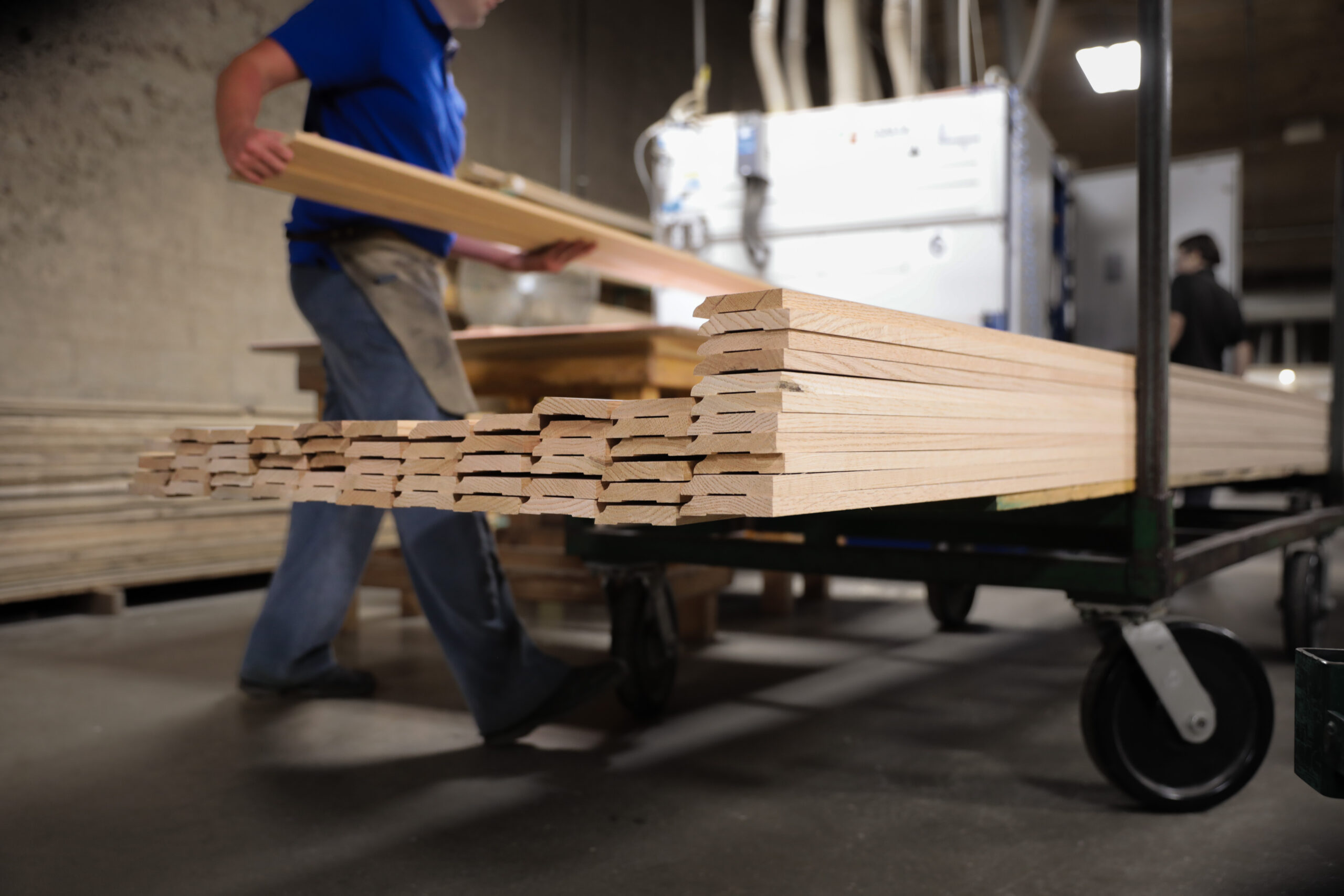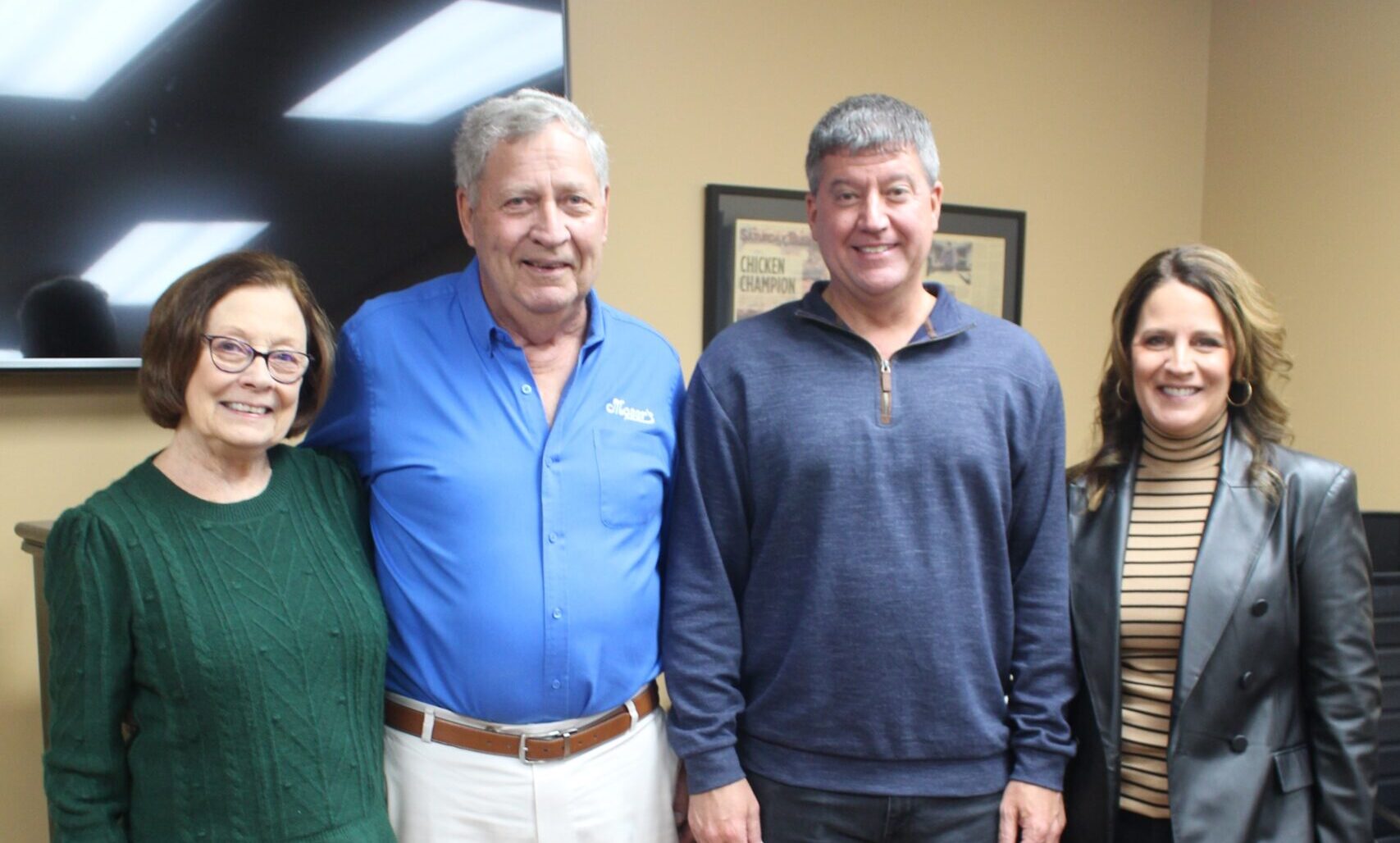
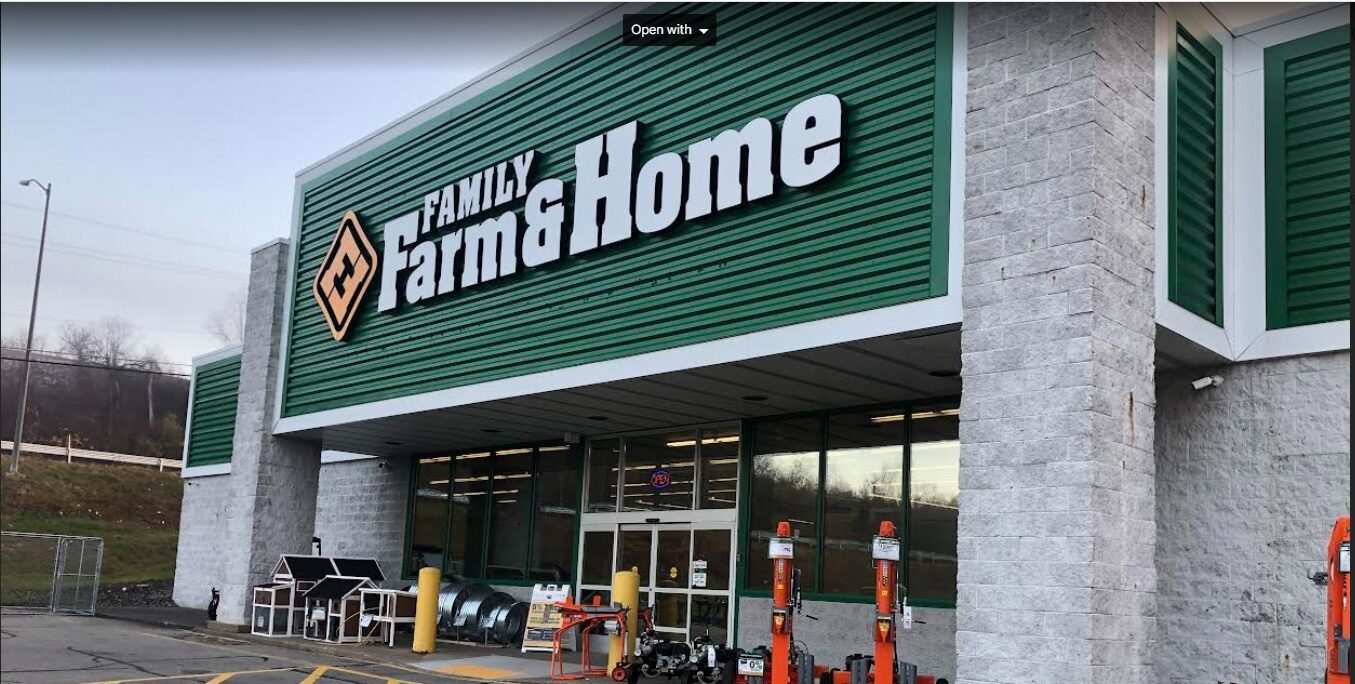
A Shared Evergreen® Mindset Can Lead to Fruitful Collaboration and Innovation
- Bob Tarrant
- Family Farm & Home
At Family Farm & Home, we currently have 71 stores in Michigan, Pennsylvania, Ohio, and Maryland. Our mission is to build a family dedicated to providing exceptional service, products, and prices focused on fulfilling the lifestyle needs of our customers, most of whom are rural and connected to the land. We try to hire team members who live the lifestyle as well, so our whole community is built around people with common experiences, interests, needs, and concerns. We aspire to grow our family to 150 stores, so we need an intense focus on continuous improvement. The combination of this ambition, paired with the shared mindset of our team, our customers, and our vendor partners, has defined our approach to Pragmatic Innovation. In many cases, it’s not even an intentional effort–it just happens naturally.
At the most fundamental level, the fact that our team members and our customers have a common lifestyle means that many great, new ideas come directly from them. When they have a need, or if they perceive a creative way to better fulfill one that already exists, they raise it. Maybe it’s part of the mentality of daily problem-solving that characterizes our lifestyle, but some of the best ideas we’ve had for innovations come from our customers, our team members, and our vendor partners, or a combination of the three, working together. Many are small scale, but when someone has a great idea for a new way to solve an old problem, it’s in their nature to raise it. We don’t actively push people to find these new ideas, but when they do, we support them and help them make it happen. As a result, our culture is one where everyone feels comfortable and encouraged to share any great, new ideas they have.
Sometimes, we have the opportunity to take this collaborative problem-solving to the next level and do something on a much bigger scale. One of the best examples of this is unique, because it is the story of a collaborative innovation with another Tugboat Institute® member, Paul Kalmbach Jr., President of Kalmbach Feeds.
It started in about 2018, when Kalmbach came to us with an idea. One of the products we sell are blocks of compressed protein for animals. We were buying them from someone else at the time, but the product cost was high. Our biggest competitor was selling the same product, so we sold it as a convenience to our customers, but our profit margin was very low. Kalmbach approached us with the idea that they wanted to build a plant to start making these blocks themselves, and they asked us if we would commit to selling their product exclusively.
As we worked through the proposal and the plans, we met with both Paul Sr. and Paul Jr. None of us were members of Tugboat Institute yet, but in retrospect, the fact that we shared the same Evergreen mindset and that we were both family businesses raised our mutual level of comfort working together. We made a handshake kind of a deal, and that was all it took for both sides to move forward. We committed our business to them, they built the plant, and we now exclusively sell their product. Their product is quality and pricing is great, and the program has vastly exceeded both of our expectations, helping both businesses grow significantly.
It’s easy with hindsight to see the successes of projects like this without recognizing the risk involved, and therefore the level of trust required. Kalmbach was putting up a multi-million-dollar facility with no signed contract and no history of producing these products. We were committing to honor our word with a supplier that had never made these products before, and with no commitment on exactly what the pricing would be; but we trusted that they would treat us fairly because of the history we had together. These types of collaborations are rarely without risk and they require a deep understanding of the partners involved.
As you can see, an important part of this story is not just that we collaborated with a supplier, but that we collaborated with a fellow Evergreen supplier. Our willingness to rely on each other and to trust that the people we were working with were not just looking to make a profit tomorrow, but instead were focused on the long-term success of the partnership, were key factors in all this. Because of our shared Evergreen mindset, we were willing to make a long-term investment in each other. As a result of this successful partnership, we have collaborated on many additional new products, new ways of merchandising in store, and new packaging designs, and we are excited to find many new ideas to work on together in the future.
At the end of the day, our best innovations come from customers, suppliers, and team members, some of whom are fellow Evergreen companies and some who are not. The fact that we are all working to find solutions that are best for our customer means that we share a purpose with a wide range of people in our space. But the best, longest-term, and most firmly grounded in trust and a shared mindset, have been our collaborations with fellow Evergreen companies. Our tolerance for long-term results means that we are willing to trust each other and commit to initiatives that may or may not bear fruit immediately. In the long run, they do, and have proved better for both of our businesses in every case. The growth that has resulted from our protein block, for example, and from the other collaborations with Kalmbach and others is going to be the fuel that powers us forward toward our goal of 150 stores.
More Articles and Videos
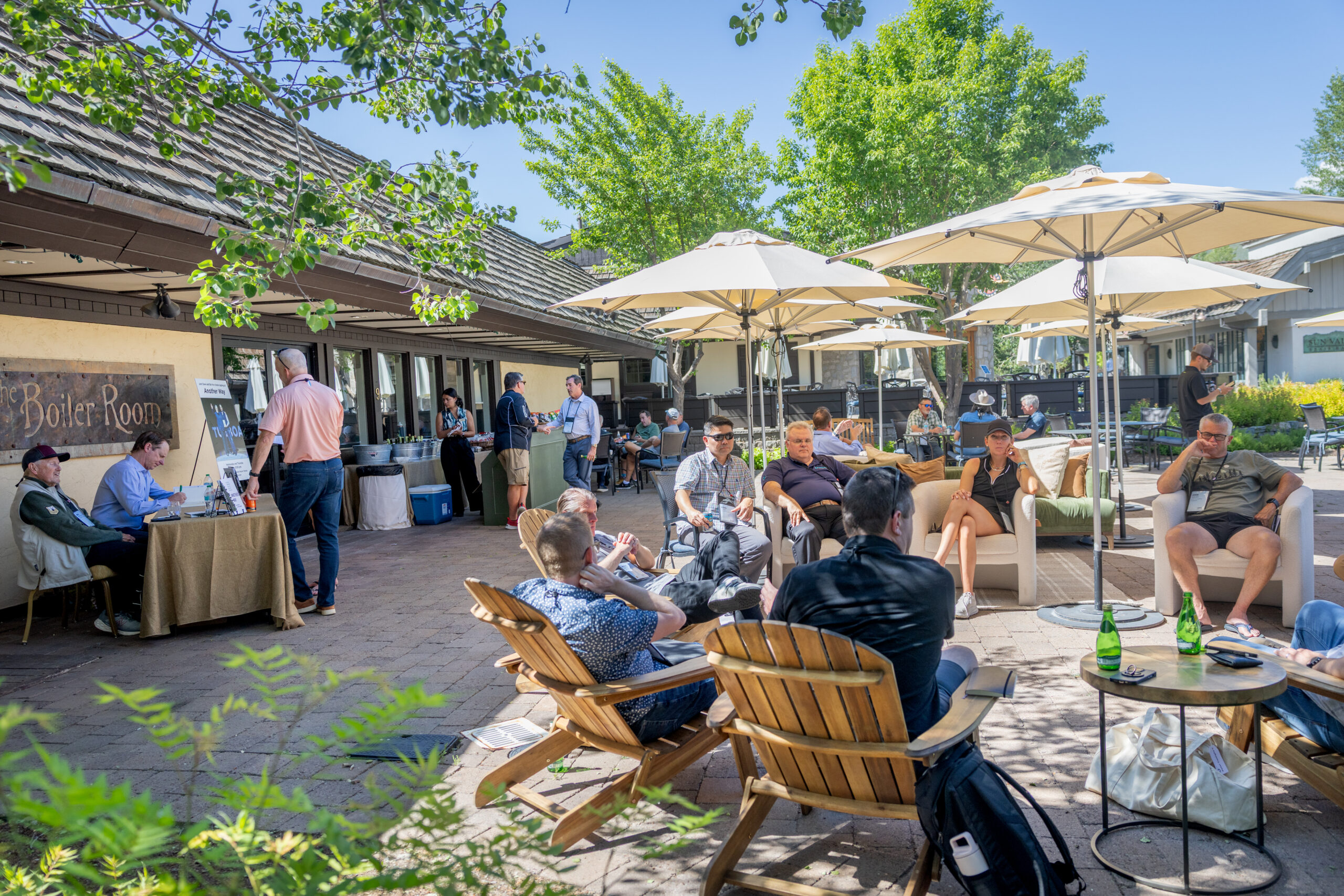
Leading Through Uncertainty – Tugboat Institute® Summit 2025
- Jackie Hawkins
- Tugboat Institute
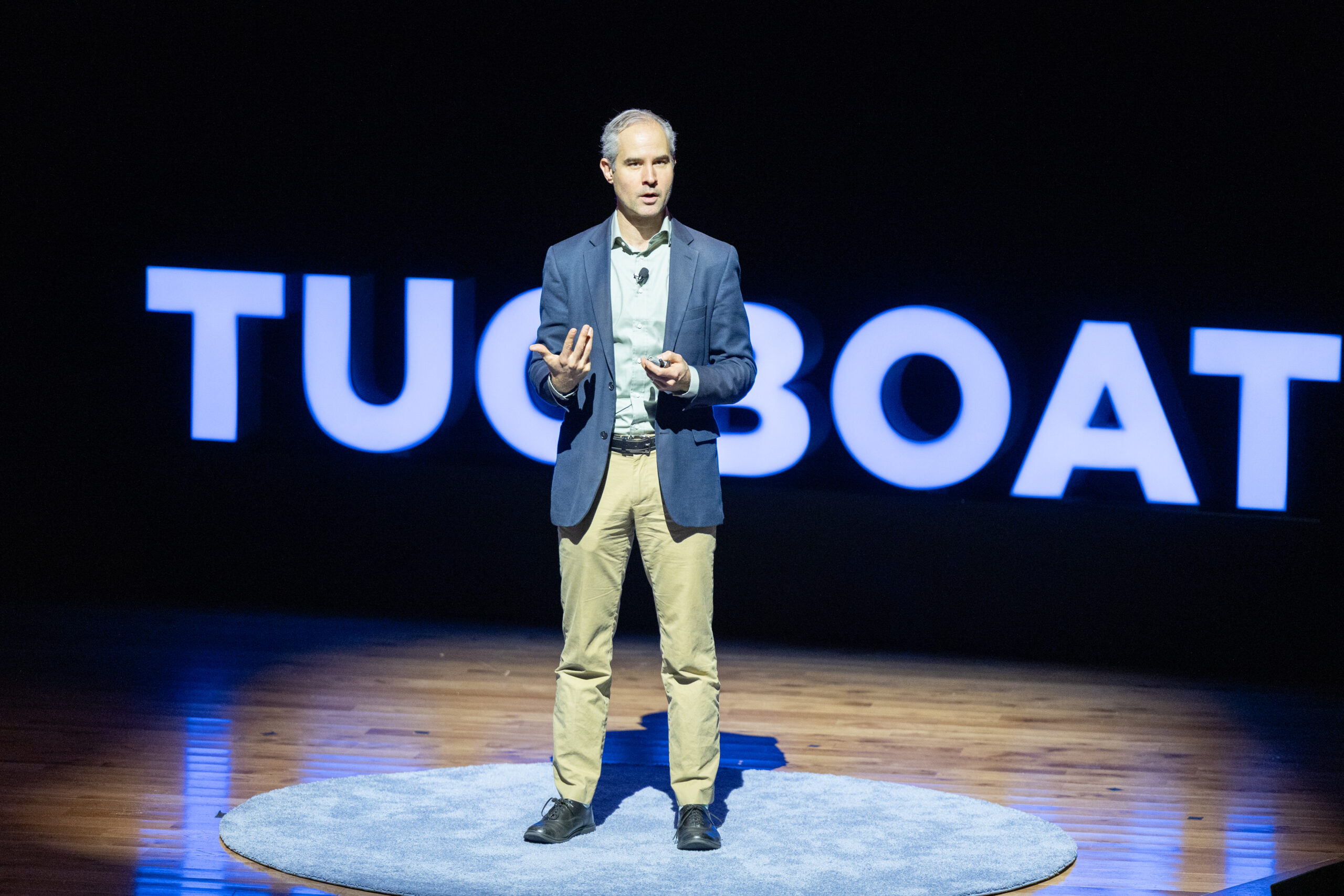
Why Employees Quit and How to Use Evergreen® Principles to Keep Them
- Michael Horn
- Clayton Christensen Center for Disruptive Innovation

Get Evergreen insight and wisdom delivered to your inbox every week
By signing up, you understand and agree that we will store, process and manage your personal information according to our Privacy Policy
